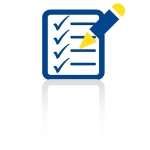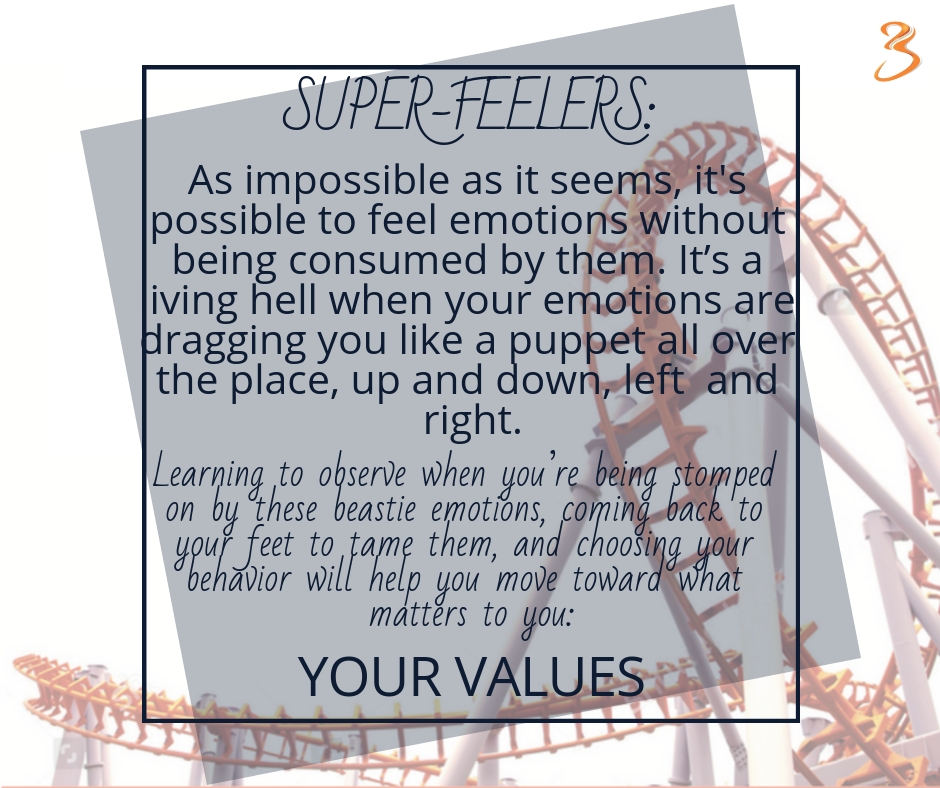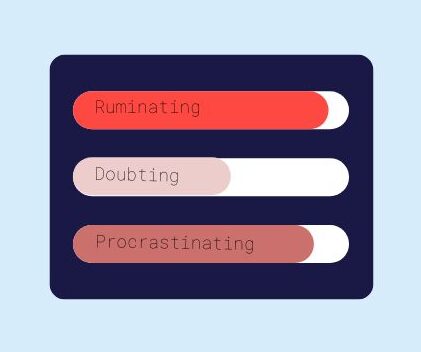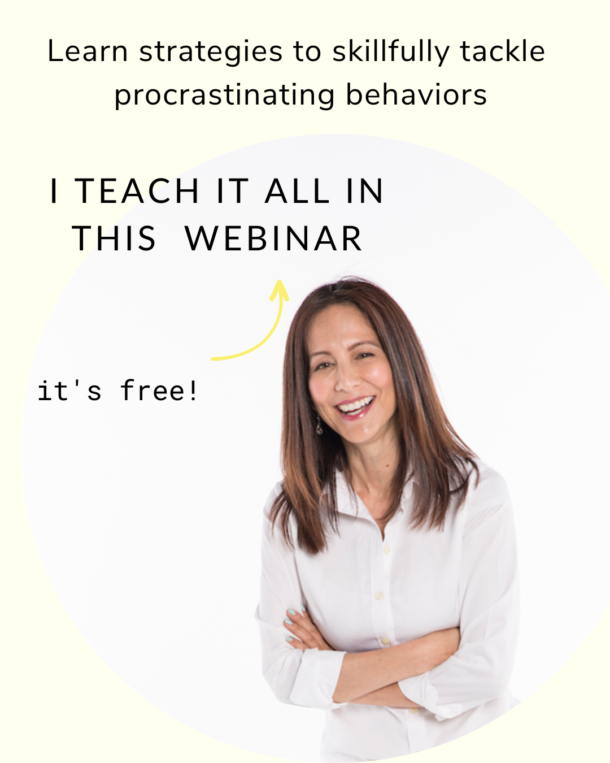Most of the time the media has portrayed certain types of OCD such as cleaners, repeaters, checkers, and others through different sources including movies (e.g. As good as it gets, The Aviator, etc.), and TV shows (e.g. Monk). However, those presentations can be misleading to the general public since they do not reflect the large range of presentations associated with OCD. Therefore, when learning about OCD it’s important to be aware of professional information that guides effective treatment for those struggling with this condition.
The following classification of OCD is based on clinical observations and the Yale-Brown Obsessive Compulsive Symptom Checklist (Y-BOCS; adapted from Goodman, WK. et al. 1989).
Types of obsessions
Obsessions are repetitive thoughts, images, or impulses that are intrusive, distressful and unwanted.
Aggressive obsessions include fears of harming self, others, or acting in unwanted violent impulses, etc. For instance, a person may have an intrusive image of stabbing a relative with a knife despite not having a history of aggressive behaviors.
Sexual obsessions encompass forbidden sexual thoughts or images with strangers, children, incest, etc.
Contamination obsessions refer to ongoing concerns with cleaning products, sticky substances, bodily secretions, etc.
Religious obsessions include having excessive concerns with right/wrong, or morality; people refer to it as times as “scrupulosity OCD.”
Somatic obsessions involve thoughts or images or having an illness or chronic disease despite receiving evidence of the contrary. For example, you may have thoughts/images about having leukemia despite multiple negative medical reports.
Obsessions with need for symmetry/exactness consist of concerns with potential accidents if things are not placed correctly.
Types of compulsions
Compulsions are repetitive behaviors and thoughts that a person perform in order to neutralize or reduce his/her anxiety associate with his/her obsessions.
Cleaning/Washing compulsions include washing routines, cleaning routines, etc. This is very common for people struggling with fears of contamination.
Checking compulsions involve behaviors such as physically checking certain objects like the stove, locks, windows, etc.
Repeating rituals describe behaviors like reading over and over certain paragraphs in a book, or writing multiple times the same “to do list.”
Ordering/arranging compulsions are characterized by arranging the physical environment in order to prevent something bad from happening.
Hoarding involves collecting different objects to the degree that affects significantly the quality of life of a person.
Mental compulsions refer to actions like saying prayers, replaying mentally over and over a particular scenario, repeating mantras, etc.
Re-assurance seeking compulsions are behaviors characterized by asking others about a particular situation or outcome with the purpose of hearing from them that “everything is fine.”
The above classification of obsessions and compulsions captures that most common presentations of OCD, not just the checkers or washers presented by the media. There is no reason to assume that a person’s OCD characteristics will fit neatly within these categories; each individual is unique, have different triggers, different intrusive thoughts or images, and may engage in different compulsive behaviors.
 If you’re struggling with OCD, and are interested in learning more about it, click HERE to complete a free self-assessment.
If you’re struggling with OCD, and are interested in learning more about it, click HERE to complete a free self-assessment.
________________________________________________________________________________
Patricia E. Zurita Ona, Psy.D. is a psychologist at the East Bay Behavior Therapy Center. Dr. Zurita Ona can be contacted at ebbehaviortherapycenter@gmail.com.



